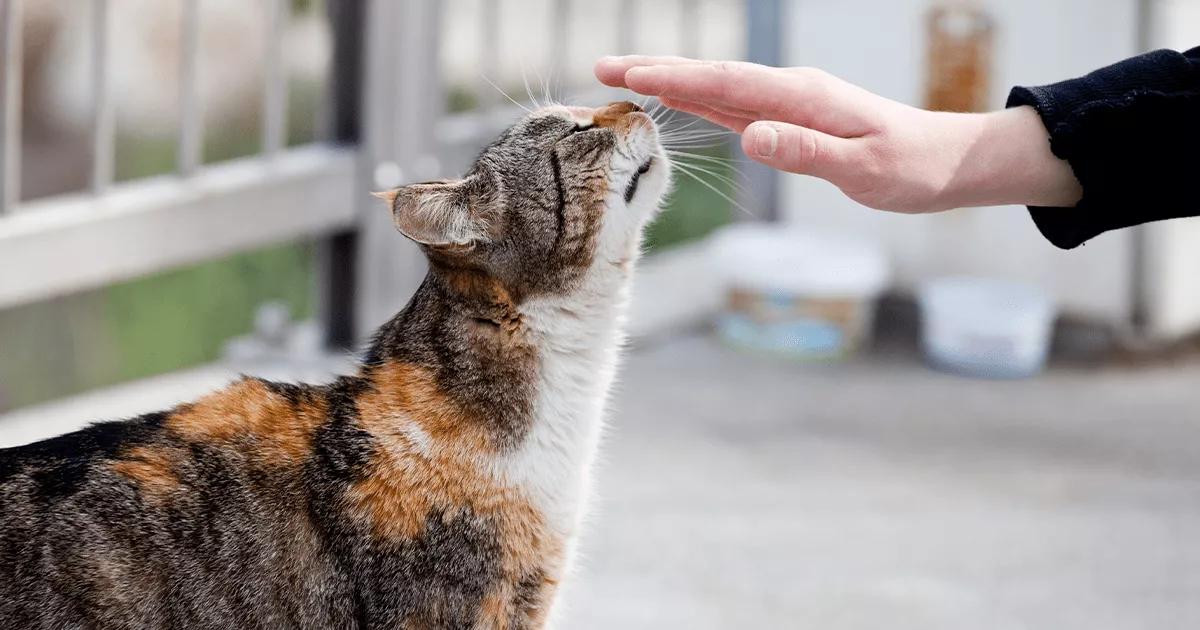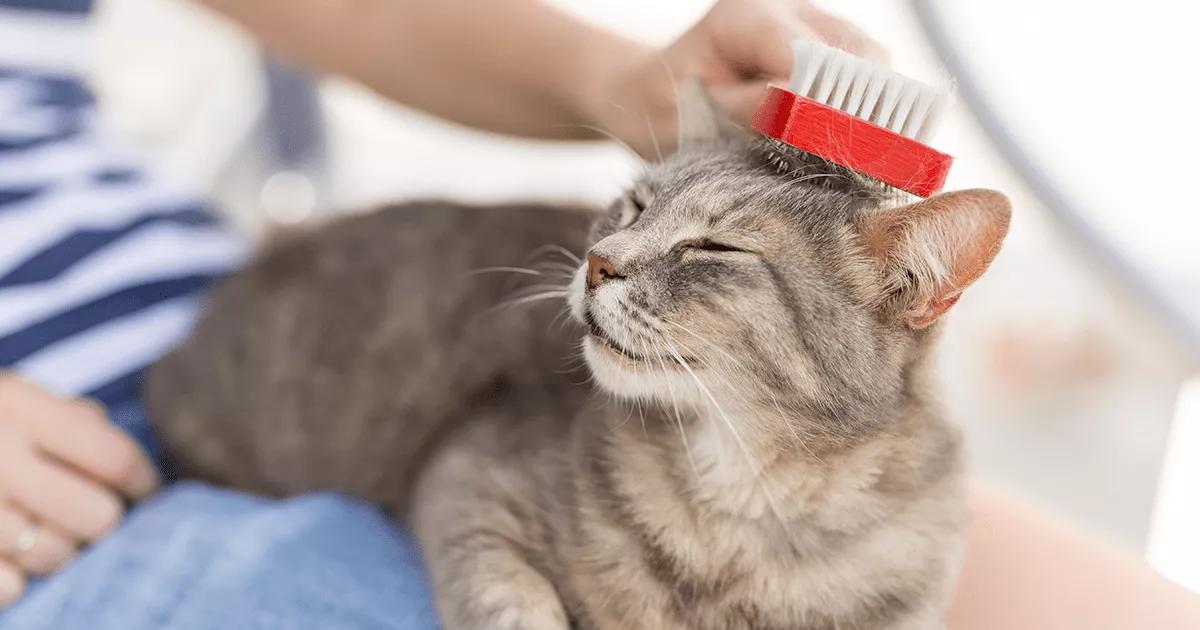
How to Have Quality Time with Your Cat and Build Your Bond
Does your cat just love to be petted? Or are they happier to just sit near you? All of our cats are different! Some will quite happily jump onto your lap for some quality time together (breeds that are often said to enjoy sitting on a lap include Siamese, Ragdoll and Tonkinese cats). Others will prefer to show affection from a distance. But, like all relationships, in order to have quality time with your cat and build your bond, you will need to start from the day you meet.
How to bond with your cat
Make your cat feel at home
First impressions count, so take steps to help your cat feel safe and secure in your home from the first day.
- Place their separate food and water bowls in an accessible place, away from loud noises and any other pets.
- Keep their litter trays clean at all times and away from regular traffic routes. Cats like a private toilet, too!
- Give them easy access to high perches and hiding places where they can retreat to when they want to opt out of the day-to-day household comings and goings.
- Provide them with a warm, cosy bed away from draughts in the winter and direct sunshine in the summer.
- Provide a scratching post where they can climb, stretch and exercise their legs and claws.
- Help them feel serene at all times by plugging FELIWAY Optimum into the room where they spend most of their time.

Communication
- Learn to ‘speak cat’! Pay attention to their body language so that you can understand what they are saying to you – check out their ear position, their eyes, how they hold their tail and their body, so that you know what action to take to make them feel comfortable.
- Show your cat you are friendly! Slow blinking is a positive form of communicating with your cat, but never stare directly inton their eyes, as this can be seen as a threat.
- Recognise signs of stress in your cat, and take the necessary steps to remove the cause.

Interaction
- Never force your cat to interact with you – allow them to come to you when they are ready.
- Explain to family, friends and visitors what to do when they encounter your cat, and that any interactions should be on your cat’s terms. Some cats don’t like visitors, so it’s important they know how your cat will react.
- Help children in the household learn how to interact with your cat and discourage them from picking them up – children sometimes don’t know their own strength, and they may get scratched if your cat is trying to escape a firm hold.
- Grooming is an enjoyable time to share together. Although your cat will groom themselves regularly, quality time spent grooming your cat will strengthen your bond – and give you the opportunity to give them a physical check for any medical issues.
- Set aside time for regular play with your cat. Take advantage of their natural instincts and play games that include stalking, searching, pouncing, chasing and catching – and make sure they win to encourage them to come back for more!
- Always use positive rewards – a favourite treat or stroking them in their favourite place will ensure they return for more quality time together. Remember that cats generally do not like you to touch their tail, legs or paws, but a gentle stroke around their head or along their back will make them feel happy and secure.
- Keep all interactions slow and gentle – avoid making sudden moves, as this could startle them and they will probably make a hasty retreat.

Socialisation
- Start to socialise a young cat as soon as they join your household. Let them explore in their own time, so that they get used to everything around them, as well as the smells and sounds they will be living with.
- Make yourself approachable – sit with their favourite cushion or blanket close by, or on your lap, and wait for your cat to approach you. They will recognise the scent of the cushion and your scent will be transferred to it, which will help them to accept you.
- Before stroking your cat, put your hand out for them to sniff first – you will know they are happy to interact if they walk towards you or rub against you.
- Let them decide when they have had enough, and don’t try to force them to do anything they don’t want to.
- Conversely, learn to recognise the signs that your cat is having a purrfect time! From purring to kneading, sleeping on you to head-butting you, and from slow blinking to meowing – these can all be signs that your cat is having quality time with you and your bond is getting stronger.
Treat them
Everyone loves a treat and your feline friend is no different. A small piece of cooked chicken or tuna, or a cat biscuit are sure to please them – but always keep an eye on their daily ration of calories and treat them sparingly.





































